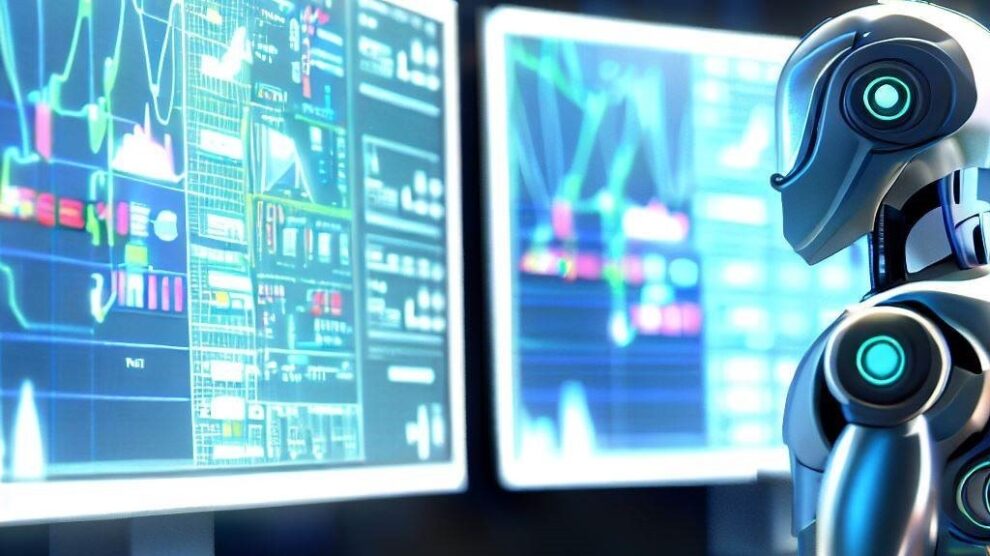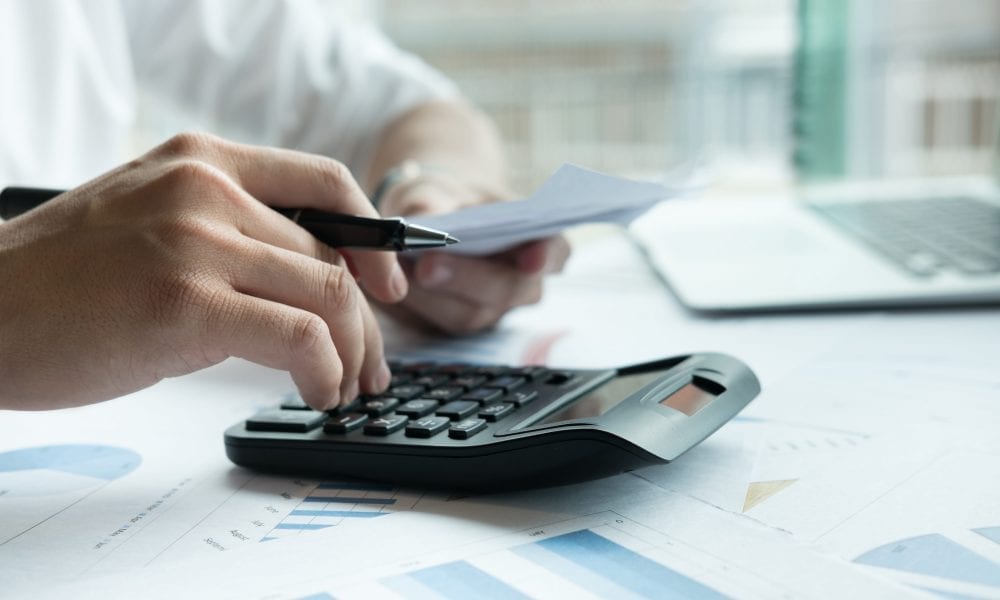In the ever-evolving landscape of financial markets, the rise of automated trading, powered by artificial intelligence (AI), has sparked debates about its superiority over human traders. With algorithms executing trades at lightning speed and AI analyzing vast amounts of data, many wonder: Is automated trading smarter than humans? Automated or algorithmic trading involves computer programs executing trades based on predefined criteria. These criteria can range from simple instructions to complex mathematical models. AI plays a crucial role in automated trading by enabling algorithms to learn from past data, adapt to market conditions, and make real-time decisions.
Power of AI in Trading:
AI brings several advantages to automated trading that traditional human traders may struggle to match:
- Algorithms can execute trades within microseconds, reacting to market movements much faster than humans. This speed advantage is crucial in high-frequency trading, where even a fraction of a second can significantly affect profits.
- AI algorithms can process vast amounts of data from various sources, including market news, social media sentiment, and historical price movements. By analyzing this data, AI can identify patterns and correlations that human traders might overlook, leading to more informed trading decisions.
- The biggest challenge for human traders is managing emotions such as fear and greed, which can cloud judgment and lead to irrational decisions. AI-powered algorithms trade based on predefined rules and parameters, eliminating the influence of emotions from the decision-making process.
- AI algorithms can continuously learn and adapt to changing market conditions. Based on new information, they can adjust their strategies in real-time, allowing them to remain competitive in dynamic market environments.
Human touch
While automated trading offers undeniable advantages, human traders bring unique qualities to the table:
- Intuition and creativity– Human traders possess intuition and creativity, sometimes leading to innovative trading strategies that algorithms may not discover independently. Intuition, honed through years of experience, allows human traders to make judgment calls in uncertain situations Check this out quantum ai.
- Contextual understanding– Humans can interpret complex market dynamics and geopolitical events in ways that algorithms may struggle to comprehend. Factors such as geopolitical tensions, regulatory changes, and macroeconomic trends require a nuanced understanding beyond data analysis.
- Risk management– While algorithms can execute trades precisely, humans excel at managing risk and controlling their emotions during turbulent market conditions. Human traders can apply risk management techniques and adjust their strategies based on subjective factors that algorithms may not consider.
Hybrid approach
Rather than viewing automated trading and human trading as competing approaches, many financial firms are embracing a hybrid model that combines the strengths of both:
- Augmented intelligence– AI algorithms assist human traders by providing data-driven insights and identifying potential trading opportunities in this model. Human traders leverage this information to make informed decisions, combining the analytical power of AI with human judgment and intuition.
- Risk mtigation– By blending automated trading with human oversight, financial firms can mitigate the risks associated with fully automated systems. Human traders can intervene during exceptional circumstances or when algorithms deviate from expected behaviour, adding a control layer.



